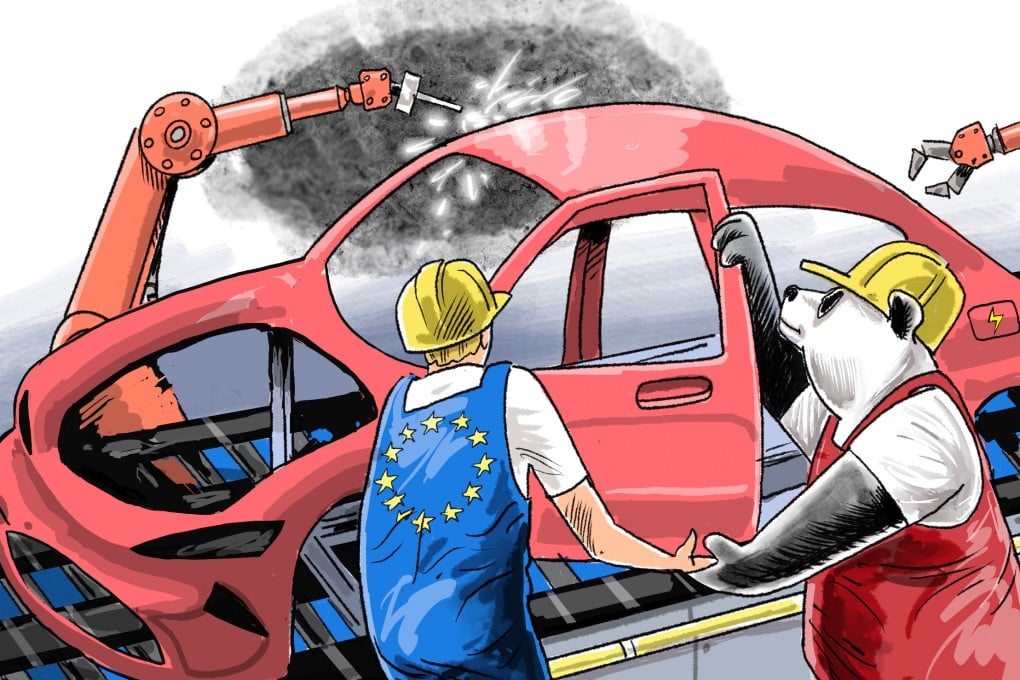Advertisement
Opinion | How Chinese EV makers can survive and thrive in Europe
China can produce affordable EVs for the world if executives adapt their management practices to fit with European cultural norms and regulations
Reading Time:3 minutes
Why you can trust SCMP
1

Many Chinese electric vehicle (EV) makers are shifting from exporting vehicles to the European Union to producing them within Europe to find ways around tariffs. While the rationale of this strategy is sound, its successful implementation can be challenging. To succeed, Chinese EV firms should learn from the management experiences of Haier and BYD in the United States.
Advertisement
The EU is poised to raise tariffs on EVs imported from China after negotiators failed to reach a deal in Brussels on September 20. On top of an existing 10 per cent tariff, Brussels plans to impose additional duties ranging from 9 per cent to 35.3 per cent which would remain effective for five years.
Although this increase is significantly lower than the 100 per cent tariffs imposed by the US and Canada, Chinese EVs are virtually non-existent in these two markets, except for a few models such as the Polestar 2, part of the Volvo stable, in which Zhejiang Geely has a controlling stake.
Chinese-made EVs such as BYD, Xpeng and Nio have made significant inroads into the European market. For example, after the BYD Atto 3 received a five-star rating in 2022 from leading independent European safety institute Euro NCAP, it became Europe’s bestselling fully electric compact SUV in the first 11 months of 2023, with nearly 11,000 vehicles sold.
Eager to continue their growth in the European market, several Chinese firms are establishing assembly plants in Europe to circumvent tariffs. For instance, BYD is constructing its first European production facility in Hungary, and aims to start production in three years.
Advertisement
Chery Auto signed a joint venture with Spain’s Ebro Motors in April to open its first European manufacturing site in Spain. Zhejiang’s Leapmotor, in partnership with Stellantis, will start producing small EVs in Poland. According to reports in the Belgian media, Nio has expressed interest in acquiring Volkswagen’s plant in Brussels, which the German manufacturer may close because of a sharp drop in demand for its high-end electric cars.

Advertisement
